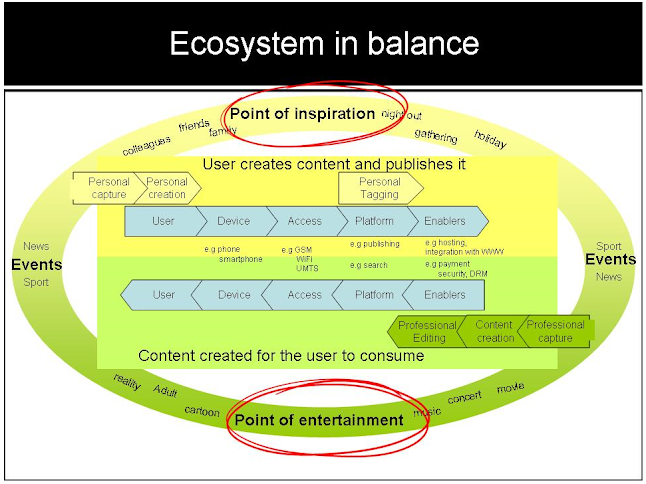How could a mobile operator add value to location?
Location should have created substantial new value on a mobile operators’ balance sheet. In their rush to control and lock down this valuable data set, the operators set the charges to high and put up an impossible API; these actions meant that by-pass and alternatives would flourish and they have. Location is in so many ways unique to mobile, therefore we are right to question how an operator could try to capture some value back. Here is an idea for you (free) I would like my operator to control the location that my applications sees, I want someone to become the intermediately and offer me a “trusted service”, as the value has migrated from the knowing location to managing it. Some example:- Rich and Famous - you want to tweet your latest update with your location. Would be good but this means the Mr Robber and Mrs Burglar know that you are out or somewhere. Please can someone allow me to put a false location on my tweets for a period t...
